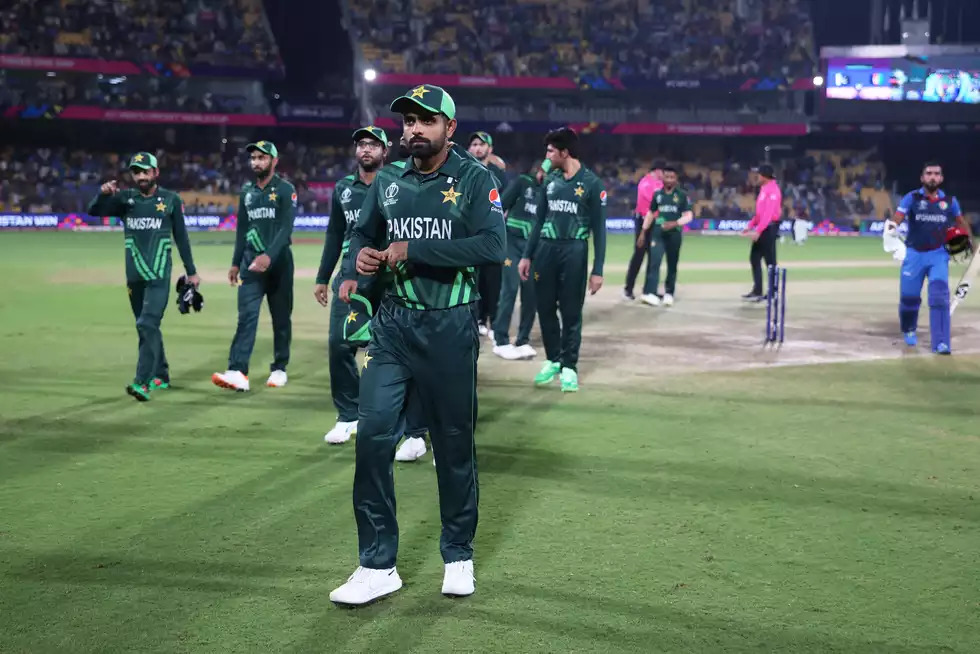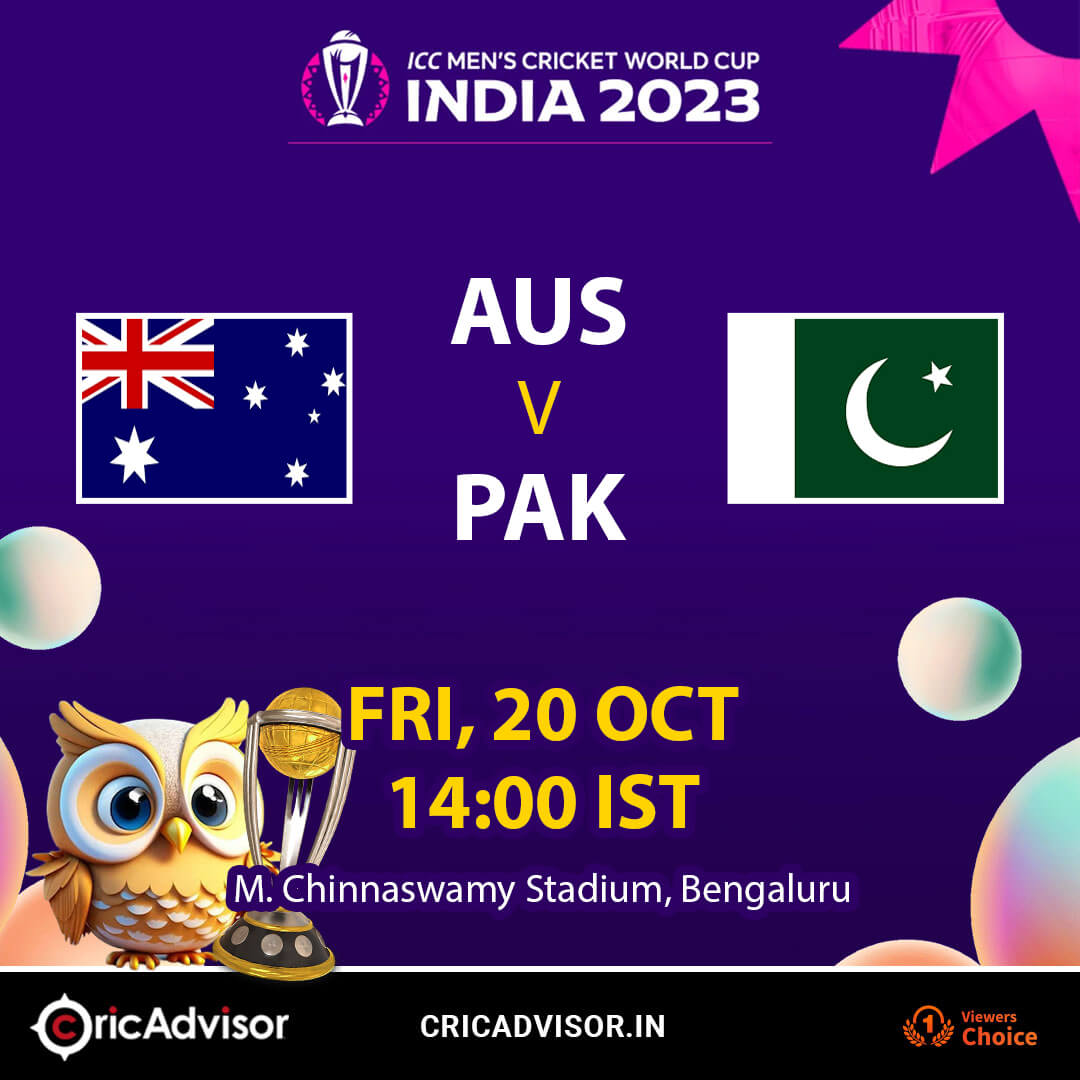
Babar Azam is not Imran Khan, and no ‘Cornered Tigers’ discourse is forthcoming from him in the Pakistan meeting room.
When the team has suffered three consecutive losses and has its back against the wall, he is asked what message he will deliver to motivate his players.
“Message…” he pauses to think. A little uncertain, he resorts to a safe line. “We will try to keep it simple, talk about positive things. But we will also talk about the things we did not do well, how we can do it in the future. Because every match is with a different team. We will have to go with a different planning. We will have to go with a different plan and a different mindset so we will try to bring a positive vibe in the team.”
Perhaps the mundane, pragmatic appraisal is more natural and familiar for him and his leadership style. Perhaps there will be a stronger pep talk – one of those sporting ones that transcend the domains of realism – just as there was for Imran in 1992, well before he made his ‘cornered tiger’ sensation public in the 1992 World Cup final.
But where was Babar on the field when Afghanistan was drifting away from victory?
At the conclusion of the 32nd over, Usama Mir joined Iftikhar Ahmad, Shadab Khan, and Mohammad Rizwan as they engaged in a serious, lengthy, and impassioned discussion. Afghanistan required 99 runs in the final 18 overs with nine wickets remaining and a 54-run partnership proceeding effortlessly. As Iftikhar would later acknowledge, there were numerous reasons to slouch.
While Salman Agha relayed messages from the locker room as the 12th Player, the on-field leadership was visibly divided. In the previous over, each time Hasan Ali walked back to his bowling mark, he had a cheerleader cum co-planner waiting for him at mid-off – Haris Rauf – who spoke to him and encouraged him with gestures, similar to what Imam ul Haq was doing from cover. Even Usama, a leg-spinner with nine international appearances, frequently spoke to Shadab or Shaheen Afridi after each over as Pakistan’s grip on the game slipped.
Throughout all of this, the captain maintained an aloof demeanor at midfield, gnawing his nails at times and holding his hands on his hips – avoiding interaction with his teammates. It remained mostly unchanged during Afghanistan’s pursuit. His only responsibilities consisted of polishing the ball at mid on and returning it to the bowler, as well as occasionally taking charge of field adjustments. At one stage, he was even fielding at short fine leg before Shadab assumed control of the conversation with the bowler.
A few overs later, he was on the receiving end of Mohammad Rizwan’s visibly frustrated gestures and a mere observer of Shaheen and Rizwan’s interaction.
Was that too natural for Babar’s captaincy style?
Predictably, Iftikhar Ahmad defended his captain’s lack of involvement with the bowlers following the contest. “During the meeting, it was resolved that bowlers will serve as advisors. Because a bowler who has previously bowled is already familiar with the pitch and where to bowl. We convened to determine where to bowl on this wicket.”
He additionally stated, “It’s not like that (he’s not involved in the field) – Babar gets involved, he’s the captain of the Pakistan team.”
Interestingly, Rizwan participated in multiple bowlers’ meetings on the field that he was referring to.










